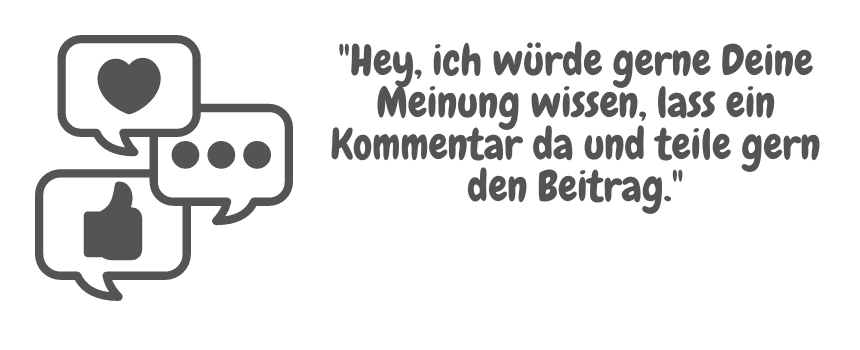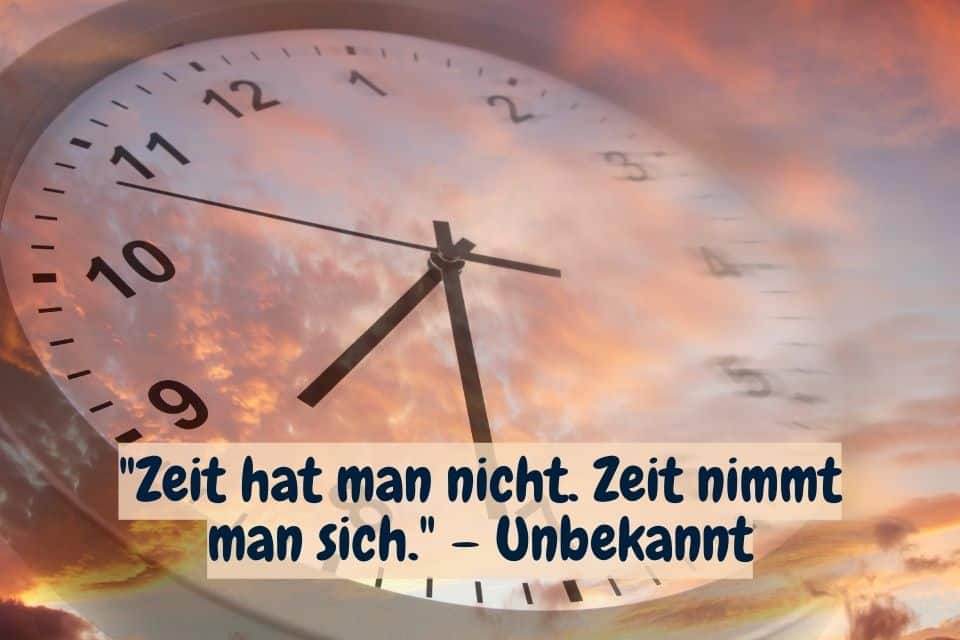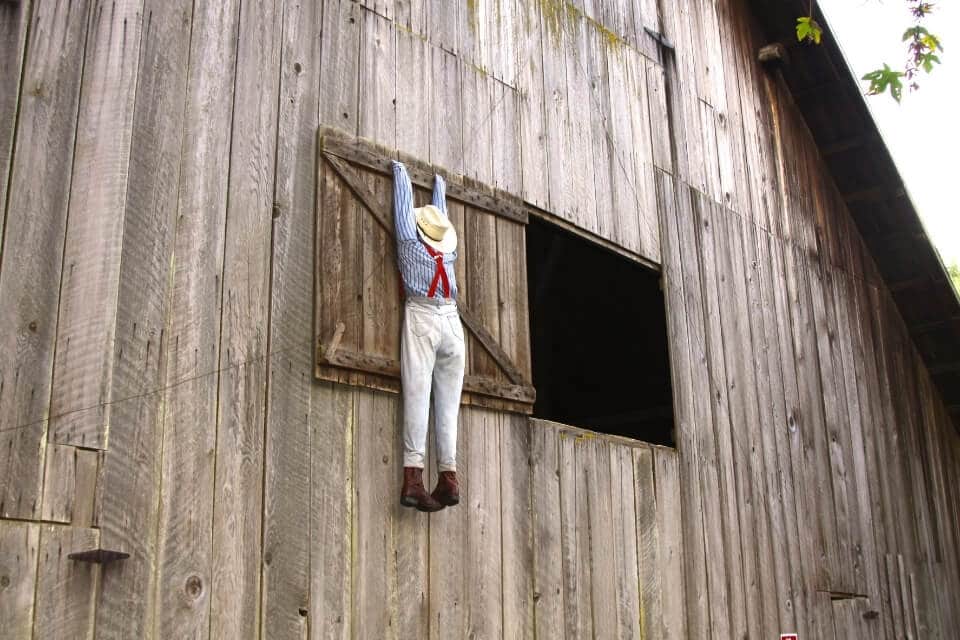Last updated on August 13, 2023 by Roger Kaufman
Here is a humorous depiction of the “Americanization” of the German language:
A daily routine in Denglish:
- The German Klaus wakes up in the morning and first checks his emails on his smartphone.
- For breakfast we have a smoothie and a sandwich because muesli is so out.
- He goes jogging and tracks his progress with his fitness app.
- He first has a meeting at work, then he has to make a few calls.
- For lunch he orders a burger with extra cheese and a large Coke.
- He chills in the lounge for a moment before completing an update for his client.
- After work he meets up with friends in the pub and they watch the latest game on TV together.
- Before he goes to bed, he watches a series on the streaming service.
- He thinks: “Actually, I still speak excellent German, right?”
Of course, this is an exaggeration and not all Germans use such anglicisms in everyday life. But it shows in a humorous way how strong English terms are in the deutsche Sprache have been incorporated. 😄
The new “German language” Americanization of the German language – what was it like before?
The “Americanization” of the German language – often referred to as “Denglish” – is a phenomenon in which English expressions and structures are introduced and mixed into German usage. This happens for various reasons:
- Globalisation: The global interconnectedness in economics, politics and culture means that languages interact with each other. Since English as French language In many areas, English terms are often adopted into other languages.
- Technological progress: Many technological innovations and developments come from English-speaking countries. Terms such as “computer”, “smartphone”, “internet” or “download” have become an integral part of the German vocabulary.
- Advertising and Marketing: For many people, English terms sound modern, innovative and international. That's why they are often used in advertising to make products or services more attractive.
- Culture and media: music, films and series from the USA are very popular in Germany. As a result, English terms and phrases become popular and become part of everyday language.
- Education: There English is a compulsory subject in most Germans schools, many Germans are familiar with the English language and occasionally use it in everyday life.
But there is also criticism of this development:
- Some fear that the German language will be “watered down” and lose its identity.
- Others criticize that Denglish is often unnecessary when German equivalents already exist. For example, you could use the word “mobile phone” instead of “cell phone.”
- Sometimes the use of Denglish leads to misunderstandings because the Meaning in English and German is different.
Despite the criticism, language is a living construct that is constantly evolving. It is therefore natural, that languages change over time due to the influence of other languages.
The Americanization of the German language or speaking culture is by no means a phenomenon of today or even tomorrow.
A simple event has long since become an event, a celebration a party.
Both primarily take place in one location.
Are foreign words the guest workers of the Germans Language?
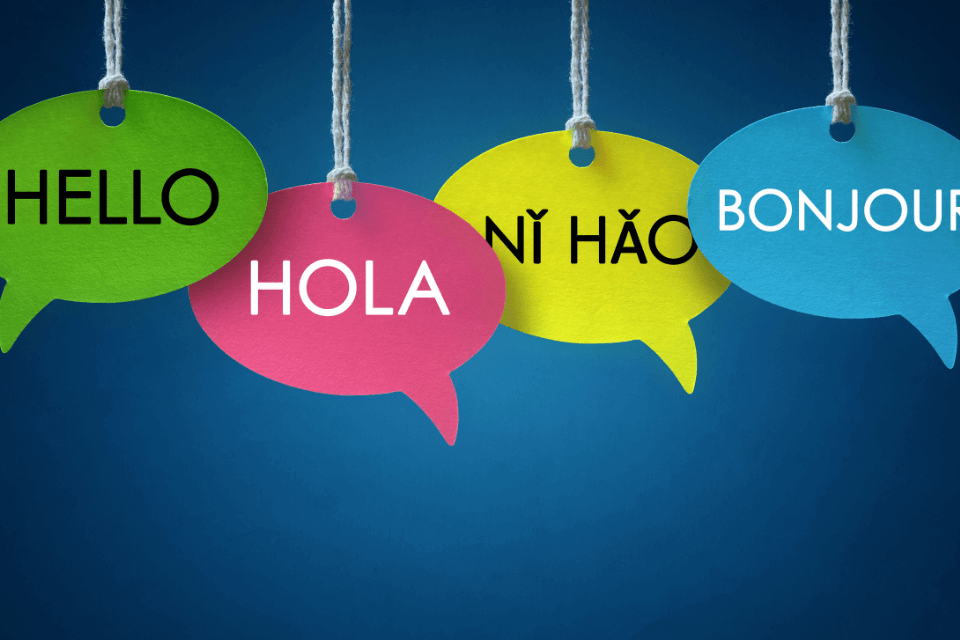
The visitors are people or the crowd. And why are you there?
For chilling (hanging out) or shaking (Dancing) or for a little small talk.
And you drink drinks and eat snacks and actually feel really easy or cool about it.
Globalization, of course, and there may be nothing to be said against it.
The quiet place in the German language
And even if my bladder is squeezing in a restaurant in Upper Basel, and the door is signposted “Gents” as a relief, I act as a matter of course and without thinking.
One older But things were different for lady.
As I stumble out of the aforementioned town (or location), she almost runs into my arms.
Her clenched legs reflect the urgency of a need that requires no further description.
I see her, see the two doors that say “Ladies” and “Gents”, see her again, her desperate, questioning look – and understand.
I smile and point to the ladies door.
Thankful and pained, she smiles back – and I run away.
Back at the table with my schnitzel I think: Damn English everywhere!
Then I ask myself: Because I came out of the men's toilet; That shouldn't have put her on the right track.
No matter. Language just changes. today Common items sometimes come from foreign goods.
Or did our ancestors already go to the toilet on the sidewalk?
Source: Lucas Huber Oberbaselbieter Zeitung
So, to the toilet? Did you know where?
Or maybe Dear WC?
Where do you often find the Americanization of the German language?
In the tabloid press as well as in politics, or with kids, this can be enough Americanization of the German language determine.
Here are some other great examples of the Americanization of the German language:
Unpronounceable German words:
- Rubber duck
- scrambled eggs
- Five million five hundred and fifty five
- Matchbox
The longest word in the German language
Guess question: how many letters does it have? longest word in the German language?
The longest word of the German language has just 79 letters, great?
Now honestly, can't you make the word shorter?
The longest German word Language is:
Cattle identification meat labeling monitoring task transfer law or Danube steamship electricity main operating plant construction sub-official company
Did you know what the words: neologisms, internationalisms, anglicisms mean, or what a deoxyribonucleic acid is?
You can find the solution below: FAQ Americanization of the German language
What did Mark Twain say about the German language:
“Anyone who has never learned German has no idea how confusing this language is.” wrote Mark Twain in his extremely funny but also enlightening essay from 1880, The Awful German Language,
“There are more exceptions to the rules than examples of them.”
The great American writer tried to learn our native language during a trip to Heidelberg at the end of the 19th century.
He despaired of the cases unknown in English, the illogical assignment of genders for inanimate things, for which his mother tongue only knows the - logical - “it” (“es”), and the often exhausted possibility in German of endlessly concatenating nouns in order to form a new one - and above all in the length of the sentences, where part of the verb, unlike in English, is found at the end of the sentence.
At least the latter has changed in the last 100 years: the learner still has to wait until the end of the sentence for the second half of the verb - but, unlike in Twain's time, it is no longer considered a sign of great education. to formulate miserably long and stilted sentences.
Today it is considered good style to get to the point briefly and succinctly - another characteristic of the Germans other cultures is often perceived with strangeness.
Despite everything, Mark Twain supported the German-American one Friendship because learning a language, whether successfully or not, always promotes understanding of the other culture.
Source: Friday
General quotes about language and its development
“Language is not an inheritance, but an acquisition.” - Ludwig Wittgenstein
“The limits of my language mean the limits of my world.” - Ludwig Wittgenstein
“When we learn a new language, we acquire a new soul.” – Czech proverb
“You only think in one language, and if you want to speak in a foreign language, you don’t have to think.” - Franz Kafka
“A different language is a different view of life.” Federico Fellini
FAQ: Americanization of the German language
What is a toilet?
The search engine for toilets: A toilet is a hygienic place used for collecting or disposing of human piss and also feces. The toilets can be with or without flushing water. It was meant more cynically 😂😂😂
What is a neologism?
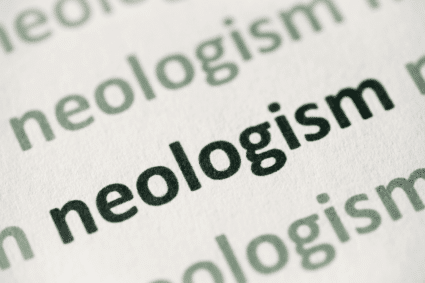
A neologism is a new word creation. Neologisms are a newly formed linguistic expression for new terms or things. Examples: The most well-known is probably www = World Wide Web, or brunch = a new term from the 19th century that defines the meal between breakfast and lunch.
What is a Anglicisms?

These are words from English. Anglicisms have also found their way into our German language for many years. E.g.: News, open air, cool, trend scouts, sneakers, gangsters etc. Anglicisms have recently also been regularly encountered in politics.
What are internationalisms?
An internationalism is a word that exists in several languages with the same or at least almost identical meaning and origin. The word is spoken similarly in different languages and is written the same or similar and is therefore understandable in different languages. That's what everyone in Thailand understands when you ask
Toilet asks.
What does deoxyribonucleic acid mean

Deoxyribonucleic acid, usually referred to as DNA for short, is a nucleic acid made up of different deoxyribonucleotides. It carries the genetic information of all living things and many viruses. ¨
Source: Wikipedia


